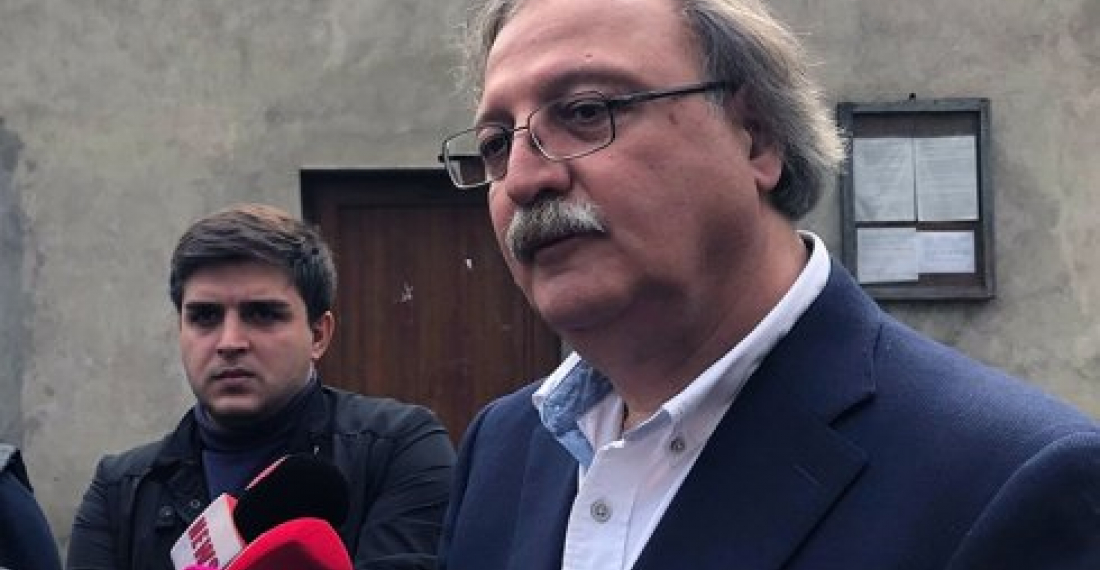The presidential candidate of the United Opposition, Grigol Vashadze, along with other opposition leaders, met with Catholicos Patriarch Ilia II in Tbilisi on Saturday (3 November).
Vashadze came close second in the first round of presidential elections held last Sunday. A second round of the election between Vashadze and the pro government candidate Salome Zurabishvili will now take place not later than 2 December.
The pro opposition TV station Rustavi 2 said that the main issues during the one-hour audience were the presidential election and the draft law on cultivation and export of cannabis.
Speaking to journalists after the meeting, Grigol Vashadze said the Patriarch's said that opposition forces should not be harassed. "As for the so-called "bill", that the government has been in charge of and that would turn Georgia into drug dealing syndicate, this fight will be going on", Rustavi 2 reported Vashadze as saying.
related content: Georgian government withdraws controversial bill to legalise cannabis after consultations with the Church
source: commonspace.eu with Rustavi 2 TV, Tbilisi.
photo: Grigol Vashadze speaking to journalists after his meeting with Patriarch Ilya II in Tbilisi on 3 November 2018 (picture courtesy of Inter Press News, Tbilisi)






